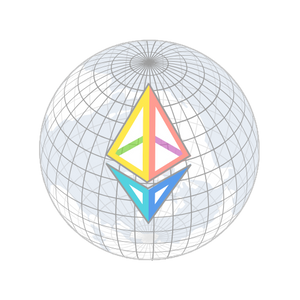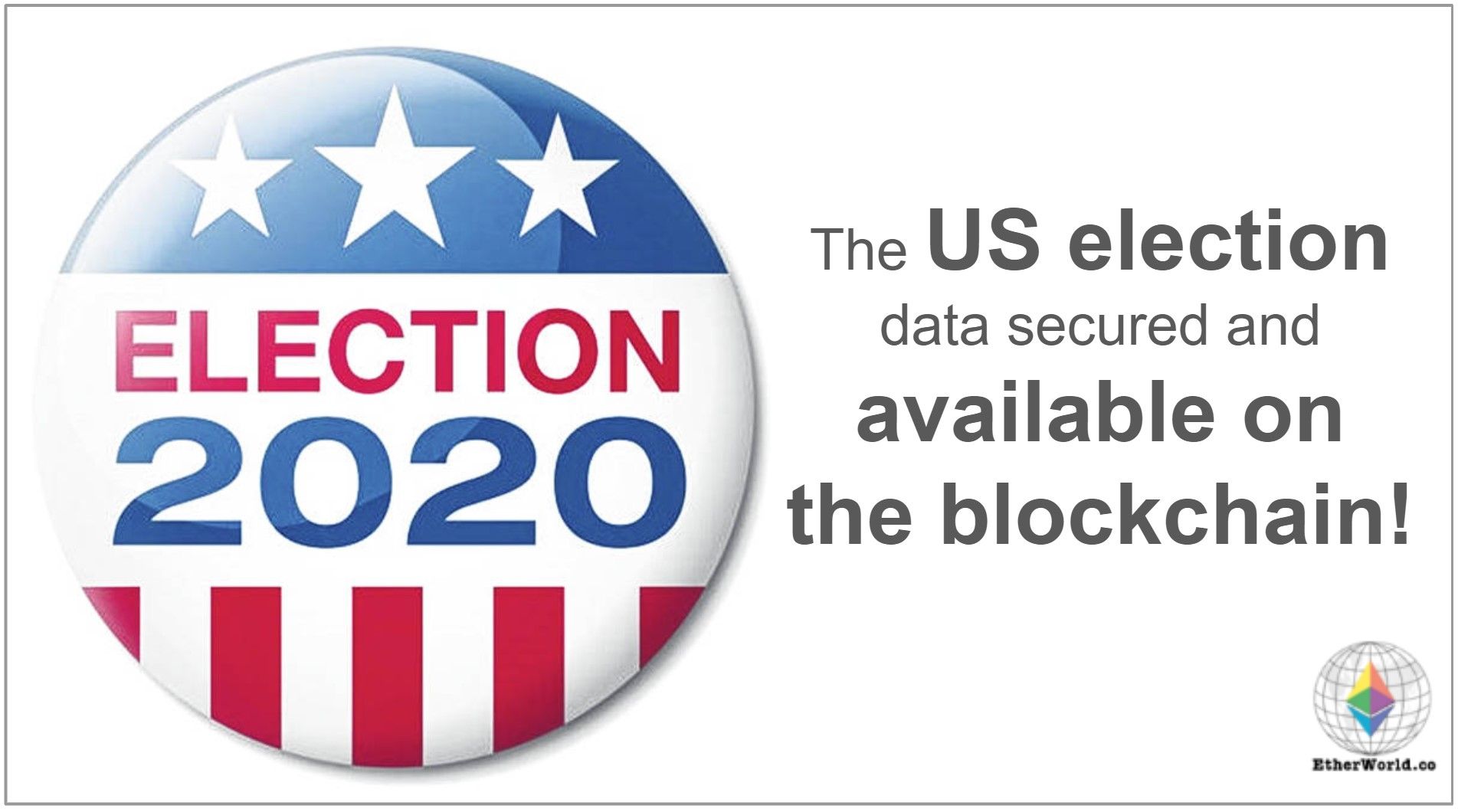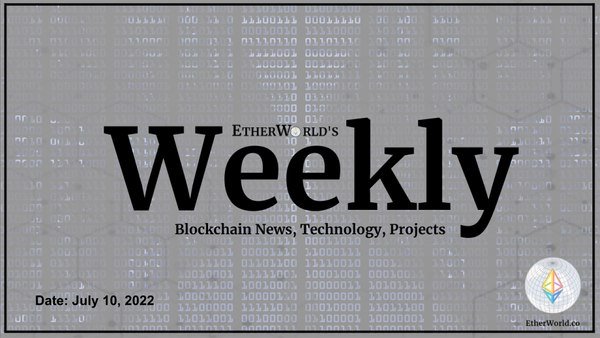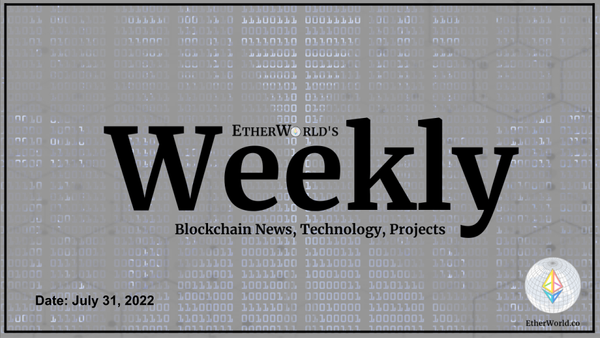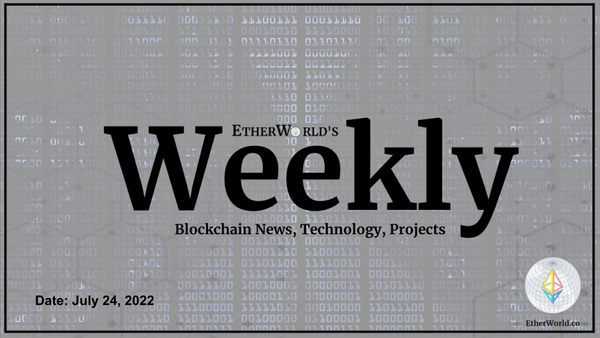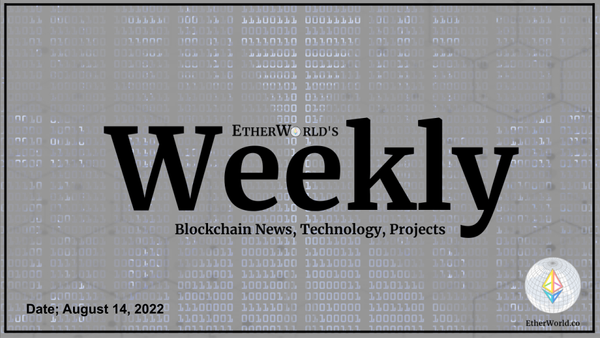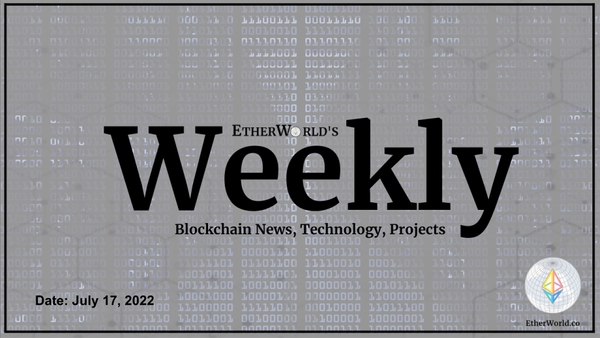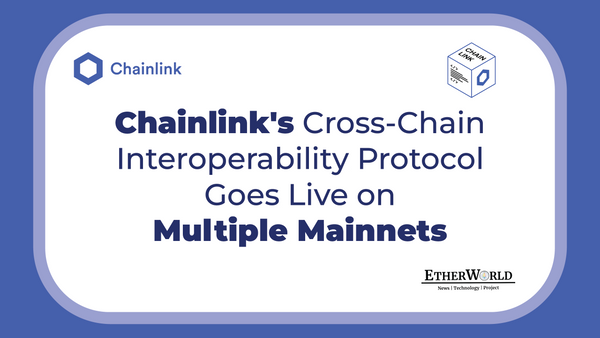For the first time in US election history, data are secured and available on-chain, across multiple blockchains that can be utilized in blockchain prediction markets. This milestone is achieved when leading oracle infrastructure provider Chainlink and Everipedia partnered to publish the US presidential election 2020 data in association with the Associated Press. The news agency uses Ethereum smart contracts to record the data related to the elections. AP is using the blockchains behind the scenes in its own application programming interface (API). API allows interaction with the server using an application. This will help to check the accuracy of the result by verifying the data available on the blockchain. The US presidential election results will publish on Ethereum and EOS platforms with Everipedia powered by Chainlink.
How results are verified on the blockchain?
This is the first time election results are verified on the blockchain. The Everipedia Chainlink node provides smart contracts access to US election data. Everipedia developed an oracle-as-a-service platform called Everipedia OraQle to run on Chainlink. It takes AP’s API data feed and verifies it. After the elections get over any smart contract developer could publish results on blockchain. Everipedia OraQle allows AP to sign and publish US election results simultaneously on the blockchain.
“This is the first real-world case of Everipedia’s oracle-as-a-service and we have chosen to use Chainlink because they are the industry standard in their unmatched reliability and infrastructure advancement,” said Travis Moore, Chief Technology Officer at Everipedia.
Everipedia will publish the final results of the elections declared by AP after sufficient votes are counted. Everipedia posted the results cryptographically on Ethereum through a new oracle product powered by Chainlink after the data was being verified. This is a step ahead to increase transparency in the voting system.
Why election data on blockchain?
Blockchain technology can help prevent malicious activities, altering databases and disinformation. Blockchain works as a digital ledger and requires permission from nodes on its network to verify data. Oracle are third- party services that provide smart contracts and connect blockchain with the real- world users.
While Bitcoin is limited to tracking cryptocurrency, Ethereum and EOS can benefit its users by providing them access to a variety of other data by charging nominal gas fees. One other advantage of publishing election results on Blockchains like Ethereum is that once the data is posted, it is immutable and secure. Ethereum ensures that data cannot be modified once posted.
About Chainlink
Chainlink is a popular provider of secure oracles for public blockchains. It is a leading decentralized oracle infrastructure provider for smart contracts and allows developers to evaluate the authenticity of the data. Chainlink overcomes the oracle problem and let's data providers make available their data across multiple blockchains at the same time.
About Everipedia
Blockchain-based knowledge company identical to Wikipedia, Everipedia started building in 2015 without crypto technology. Later the developers thought of creating Everipedia decentralized knowledge protocol and picked EOS with the objective that knowledge should be neutral.
AP’s other collaborations in blockchain
Civil Media Company is a not-for-profit media startup funded by Consensys. A lot of copied content on the internet floats without providing actual credits. Blockchain technology helps to track such content and ensure people are getting credit and compensation. But the company, Civil Media Networks discontinued its operations and announced to join ConsenSys to build identity solutions on Ethereum.
Collaboration with blockchain technology is not new for AP. In the year 2018, it partnered with Civil media company in a two-fold agreement under which AP distributed its content to the newsrooms in the Civil network. Both committed to working together on a blockchain technology that will help Civil to track the information flow and enforce licensing rights which are regularly being disobeyed.
Blockchain voting using a mobile application
Time and again, questions are raised upon the credibility of elections. Voatz is a mobile voting platform that designed a blockchain-based voting application to let voters cast votes from mobile phones and also to verify their vote. It has concluded numerous trials earlier in April but speculations are still on Voatz’s implementation and security assurances.
AP once again levied its trust upon Ethereum blockchain. This association between Chainlink and Everipedia must be seen as a huge step to normalize blockchain- technology and cryptocurrency for public interaction worldwide.
________________________________________________________Disclaimer: The information contained on this web page does NOT constitute financial advice or a solicitation to buy or sell any cryptocurrency contract or securities of any type. Trading is a high-risk activity. Readers are suggested to conduct their own research, review, analyze and verify the content before relying on them.
To publish press releases, project updates and guest posts with us, please email at contact@etherworld.co.
You've something to share with the blockchain community, join us on Discord!
Follow us at Twitter, Facebook, LinkedIn, Medium and Instagram.
